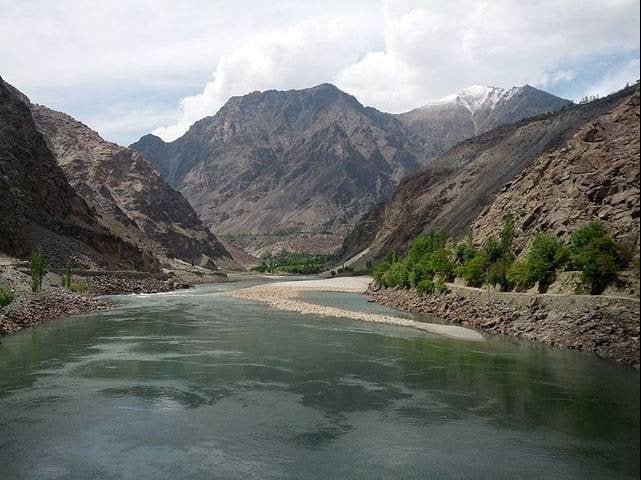United States: United States: Tuesday’s appeal for “strict” adherence of the 1960 Indus Waters Treaty (IWT), an agreement between India and Pakistan for the sharing of water brokered by the World Bank, came from a prominent Pakistani official who emphasized the urgency of addressing the impending water crisis.
 At the high-level UN Security Council debate on the effects of food insecurity and climate change on global peace and security, Ambassador Munir Akram stated, “Climate change impacts coupled with increasing water demand creates the potential for trans-boundary water disputes in several parts of the world.”
At the high-level UN Security Council debate on the effects of food insecurity and climate change on global peace and security, Ambassador Munir Akram stated, “Climate change impacts coupled with increasing water demand creates the potential for trans-boundary water disputes in several parts of the world.”
During the day-long discussion, which was called by Guyana, the president of the Security Council for February, the Pakistani envoy emphasized that his country “attaches high priority to the strict implementation of the Indus Waters Treaty.” Almost 90 nations participated.
He continued by saying that Pakistan wants to revitalize the Indus River basin, the world’s largest contiguous irrigation system that feeds over 225 million people with food security.
Ambassador Akram said the 15-member Council, “To this end, Pakistan has launched the multi-dimensional Living Indus projects.”
He pointed out that there were increasing water disputes at the state, subnational, and local community levels. He claimed that criminal organizations and terrorist groups were taking advantage of the competing claims to agricultural and animal pastures, particularly in Sub-Saharan and Central Africa.
“Nearby coastal countries are experiencing increased friction due to the scramble for exploitation of fisheries and fishing rights, and potentially for seabed minerals and resources,” he noted.
“It will be crucial to address the impending water crisis,” Ambassador Akram continued.
He claimed that abnormally high temperatures were melting Pakistan’s glaciers at an alarming rate, which, when combined with stronger monsoons, produced catastrophic natural disasters like the devastating floods of 2022 that cost the nation more than $30 billion.
The Pakistani envoy informed participants from all around the world that “urgent action is required to preserve the Himalayan glaciers and adapt to the impacts of global warming.”
According to Ambassador Akram, securitizing the climate change issue inside the development agenda must be avoided. It is not appropriate to redirect the already limited funds from initiatives addressing climate change and development to security-related strategies.
He stated that most conflicts stem from scarcity and that the greatest way to avert conflicts is to achieve sustainable development, which includes meeting the climate goals and the Sustainable Development Goals (SDGs).
“It will become nearly impossible to achieve either the goals of climate change or the SDGs unless the commitments made at COP28 and other Conferences are implemented,” stated Ambassador Akram.
He claimed that the Security Council might make a unique contribution to the development and climate goals by formally approving the pledges made on sustainable development and climate change, turning them into legally binding duties.
UN Secretary-General Antonio Guterres urged on member states to take immediate action to sever the lethal connections between food shortages, climate change, and conflict when he opened the debate.
Global peace and security are seriously threatened by the upheaval caused by climate change and the food crisis. He stated that it is only fitting that this Council address them. APP










































